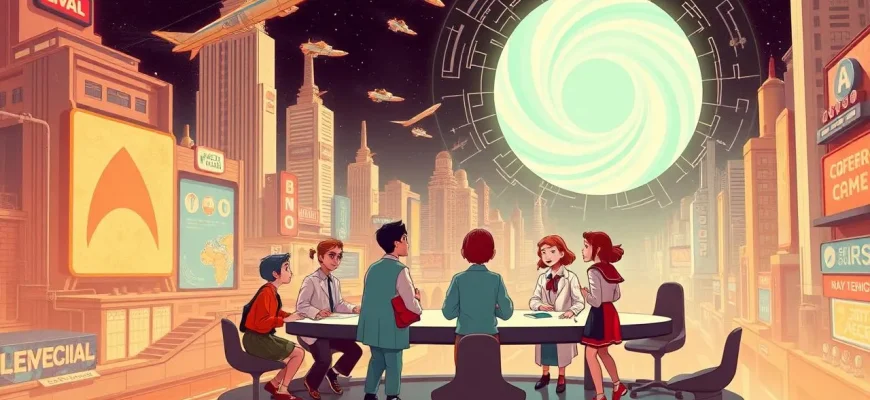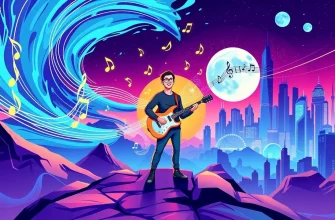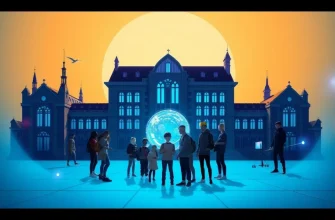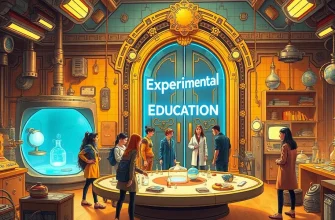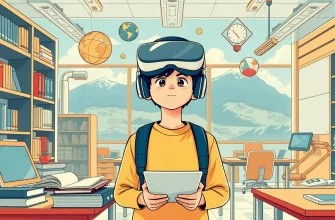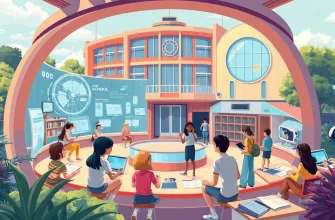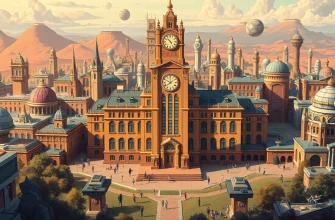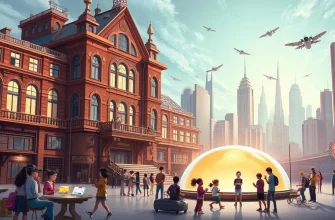In the realm of science fiction, education often takes on new forms, challenging our perceptions of learning and knowledge. This curated list of 10 films explores futuristic educational systems, innovative teaching methods, and the impact of technology on learning. Whether it's through virtual reality, AI teachers, or dystopian academies, these films provide a fascinating look at how education might evolve. They not only entertain but also provoke thought about the future of our educational systems, making them a must-watch for anyone interested in the intersection of technology, society, and learning.
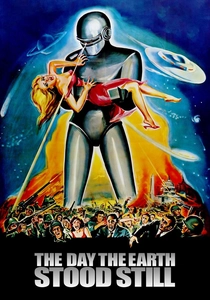
The Day the Earth Stood Still (1951)
Description: An alien visitor comes to Earth to teach humanity a lesson about peace and cooperation. This film can be viewed as an educational narrative about global understanding and the need for education in diplomacy.
Fact: The film was remade in 2008 with Keanu Reeves.
 Watch Now
Watch Now
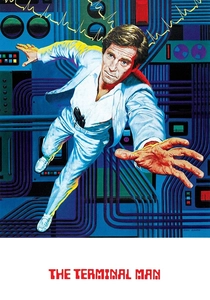
The Terminal Man (1974)
Description: This film delves into the ethical implications of using technology to control human behavior, which can be seen as a form of education or reprogramming. It's a cautionary tale about the potential misuse of educational technology.
Fact: The film is based on a novel by Michael Crichton, who also wrote "Jurassic Park."
 Watch Now
Watch Now

The Matrix (1999)
Description: While not explicitly about education, the film explores the concept of learning through direct neural interface, where knowledge is uploaded into the brain. This raises questions about the future of education and how we might acquire knowledge.
Fact: The film's concept of "downloading" knowledge was inspired by the idea of instant learning in cyberpunk literature.
 Watch Now
Watch Now
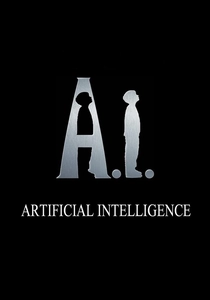
A.I. Artificial Intelligence (2001)
Description: This film explores the education of an artificial being, David, who learns to love and understand human emotions, questioning what it means to be truly educated.
Fact: The project was originally conceived by Stanley Kubrick and later directed by Steven Spielberg.
 Watch Now
Watch Now

Equilibrium (2002)
Description: In a dystopian future where emotions are suppressed, the film touches on the education of emotions and the importance of art and literature in human development.
Fact: The film was heavily influenced by "Fahrenheit 451" and "
 Watch Now
Watch Now

The Island (2005)
Description: In a controlled environment, clones are raised with a limited education to believe they are the last survivors of a contaminated Earth. This film explores themes of indoctrination and the quest for true knowledge.
Fact: The film's concept was influenced by the 1979 film "Parts: The Clonus Horror."
 Watch Now
Watch Now

The Adjustment Bureau (2011)
Description: While primarily a romance, the film deals with the concept of predestination and free will, which can be interpreted as a form of education in understanding one's path in life.
Fact: The film is loosely based on a short story by Philip K. Dick.
 Watch Now
Watch Now
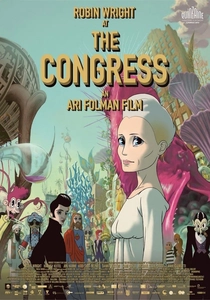
The Congress (2013)
Description: This film explores a future where actors are scanned and their digital likenesses are used in films, raising questions about identity, creativity, and the education of future generations in a world dominated by digital media.
Fact: The film is based on the novel "The Futurological Congress" by Stanisław Lem.
 Watch Now
Watch Now
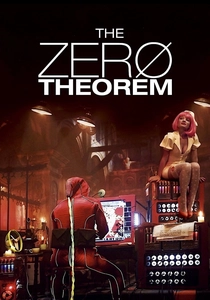
The Zero Theorem (2013)
Description: The film deals with a reclusive computer programmer who seeks the meaning of life, touching on themes of self-education and the search for truth in a digital age.
Fact: The film was directed by Terry Gilliam, known for his surreal and dystopian visions.
 Watch Now
Watch Now

WALL-E (2008)
Description: While primarily an animated adventure, WALL-E's journey to educate humans about their environment and the importance of physical activity and nature can be seen as a form of education.
Fact: The film was praised for its environmental message and minimal dialogue.
 30 Days Free
30 Days Free

